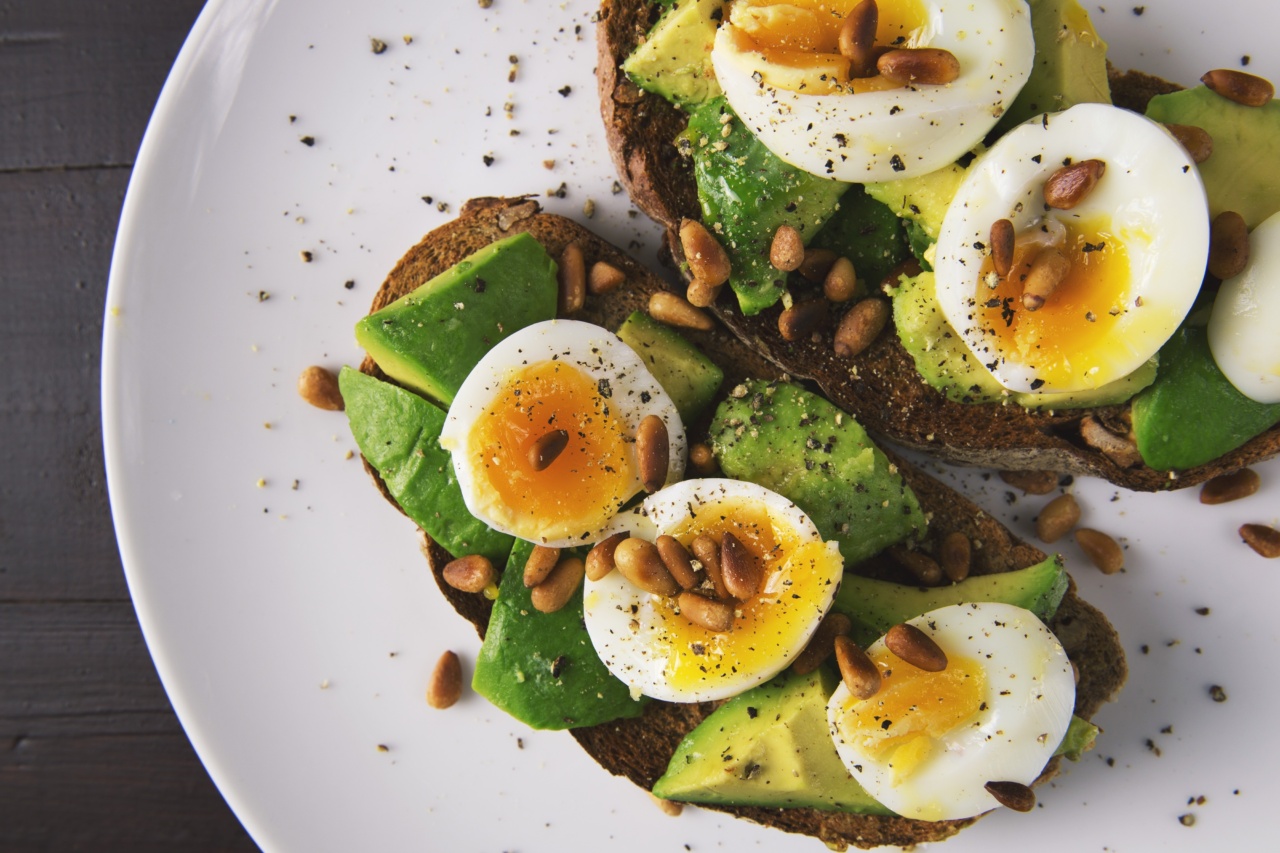When it comes to incorporating nutritious and beneficial herbs into your diet, dandelion is a must-have.
Often considered a pesky weed, this flowering plant is packed with a wide array of vitamins, minerals, and antioxidants that can provide numerous health benefits. From supporting liver health to aiding digestion, dandelion has been used for centuries in various traditional medicine systems around the world. In this article, we will explore the many reasons why dandelion deserves a place in your daily diet.
The Nutritional Powerhouse of Dandelion
Dandelion leaves, stems, flowers, and roots are all edible and offer different nutritional profiles. The plant is a rich source of vitamins A, C, and K, along with minerals like calcium, iron, magnesium, and potassium.
Antioxidants such as beta-carotene and polyphenols are also present in abundance, making dandelion a nutritional powerhouse.
Promotes Digestive Health
Dandelion has long been used as a digestive aid. Its bitter taste stimulates saliva production, which in turn promotes the breakdown of food in the mouth and initiates the digestive process.
Additionally, dandelion stimulates the production of bile, a fluid that aids the digestion and absorption of fats. This can be particularly helpful for individuals who struggle with fatty or greasy foods.
Moreover, dandelion acts as a natural diuretic, increasing urination and promoting detoxification through the kidneys. This helps to flush out toxins and reduce water retention, which can alleviate bloating and support overall digestive health.
Supports Liver Health
The liver is responsible for detoxifying the body, metabolizing nutrients, and producing bile, among other vital functions.
Dandelion has been traditionally used to support liver health by promoting the flow of bile and enhancing the liver’s ability to detoxify harmful substances.
Studies have shown that compounds in dandelion root called taraxacin and taraxasterol can help protect the liver from oxidative stress and damage, reduce inflammation, and promote liver cell regeneration.
Incorporating dandelion into your diet can assist in maintaining optimal liver function and overall well-being.
Boosts Immune Function
The immune system plays a crucial role in protecting the body from illnesses and infections. Dandelion contains various bioactive compounds that have been shown to possess immune-boosting properties.
One such compound is beta-glucan, a type of soluble fiber found in dandelion. Beta-glucan has been found to enhance the activity of immune cells, including macrophages, natural killer cells, and dendritic cells, thus supporting overall immune function.
In addition to beta-glucan, dandelion also contains high levels of vitamin C, which is known for its immune-boosting properties. Regular consumption of dandelion can help strengthen your immune system and reduce the risk of common illnesses.
Offers Anti-Inflammatory Benefits
Chronic inflammation is at the root of many diseases, including cardiovascular conditions, arthritis, and certain types of cancer. Dandelion contains several compounds that have anti-inflammatory effects and may help combat chronic inflammation.
One such compound is chlorogenic acid, a powerful antioxidant present in dandelion. Chlorogenic acid has been shown to reduce markers of inflammation, such as C-reactive protein and interleukin-6, in various studies.
By incorporating dandelion into your diet, you can naturally reduce inflammation in the body and potentially lower the risk of chronic diseases.
Supports Bone Health
As mentioned earlier, dandelion is rich in vitamin K, which is essential for maintaining healthy bones. Vitamin K plays a crucial role in bone metabolism and helps increase bone density, reducing the risk of fractures and osteoporosis.
In addition to vitamin K, dandelion is also a good source of calcium, another mineral vital for bone health. Calcium is necessary for bone strength and structure and is often associated with lowering the risk of osteoporosis.
By incorporating dandelion into your diet, you can provide your body with the necessary nutrients for maintaining strong and healthy bones throughout your life.
Promotes Weight Loss
Dandelion can be a valuable addition to a weight loss diet due to its diuretic properties and low calorie content.
Its diuretic effect can help eliminate excess water weight and reduce bloating, while the low calorie content ensures that you’re not consuming excess calories.
Furthermore, dandelion is rich in fiber, which can promote feelings of fullness and reduce overall calorie intake. By including dandelion in meals or incorporating it into salads and smoothies, you can support your weight loss goals naturally.
Supports Healthy Skin
The antioxidants present in dandelion can have a positive impact on your skin health. They help fight against the damaging effects of free radicals, which contribute to premature aging and skin damage.
Dandelion’s anti-inflammatory properties also extend to the skin, allowing it to soothe and reduce various skin conditions such as acne, eczema, and psoriasis.
Additionally, the high vitamin C content of dandelion promotes collagen production, which is essential for maintaining youthful and vibrant skin.
Enhances Eye Health
Vitamin A, one of the key nutrients found in dandelion, plays a critical role in maintaining proper eye health.
It contributes to clear vision, protects the cornea, and reduces the risk of age-related macular degeneration, a common cause of vision loss in older adults.
Regular consumption of dandelion can help ensure optimal eye health and reduce the risk of various eye conditions that can affect your vision as you age.
Easy Ways to Incorporate Dandelion into Your Diet
Now that you’re aware of the numerous health benefits of dandelion, you might be wondering how to include it in your diet. Here are some easy ways to reap the benefits of this incredible herb:.
1. Dandelion Greens Salad: Create a refreshing salad by combining fresh dandelion greens with other leafy greens, herbs, and a light dressing.
2. Dandelion Tea: Infuse dried or fresh dandelion leaves in hot water to create a refreshing and health-boosting herbal tea.
3. Roasted Dandelion Root Coffee: Roast dandelion roots and grind them to make a caffeine-free coffee substitute. Enjoy it with your favorite plant-based milk.
4. Smoothies and Juices: Add a handful of dandelion leaves or a spoonful of dandelion powder to your favorite smoothie or juice recipe for an extra nutritional boost.
5. Dandelion Pesto: Replace traditional basil with dandelion greens to create a unique and nutritious pesto sauce for your pasta dishes.
Remember to harvest dandelions from areas that are free from pesticides and avoid foraging near roadsides or polluted areas.
Conclusion
Dandelion is much more than just a weed – it is a powerful herb that offers a multitude of health benefits.
From promoting digestive health and supporting liver function to boosting the immune system and enhancing skin health, dandelion is a must-have addition to your diet.
Integrate this versatile herb into your meals, teas, and beverages to enjoy its nutritional value and harness its potential. Embrace the power of dandelion and experience the transformative effects it can have on your overall well-being.





























